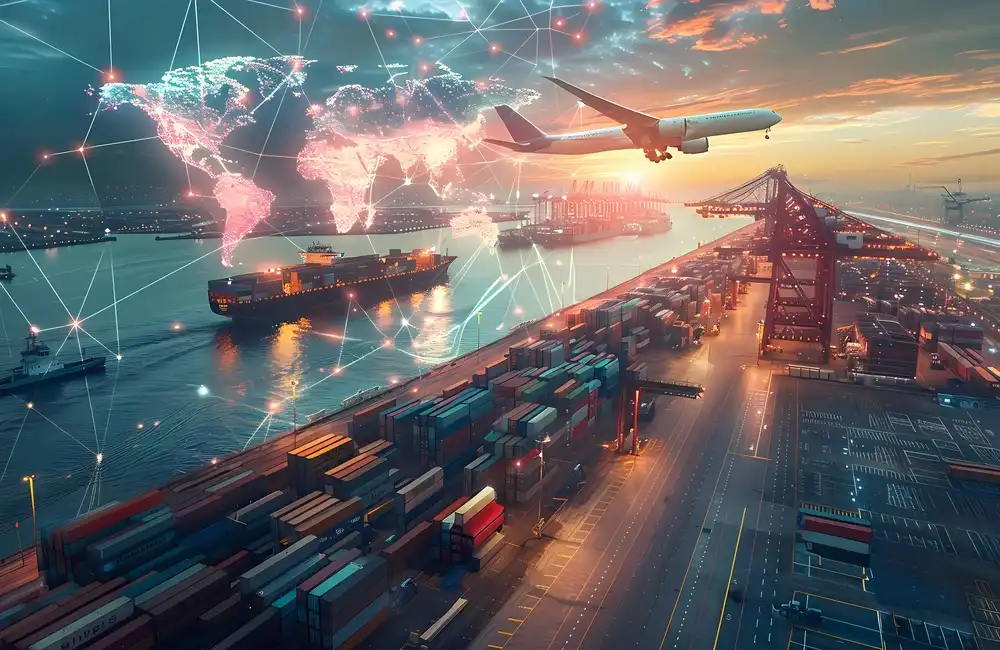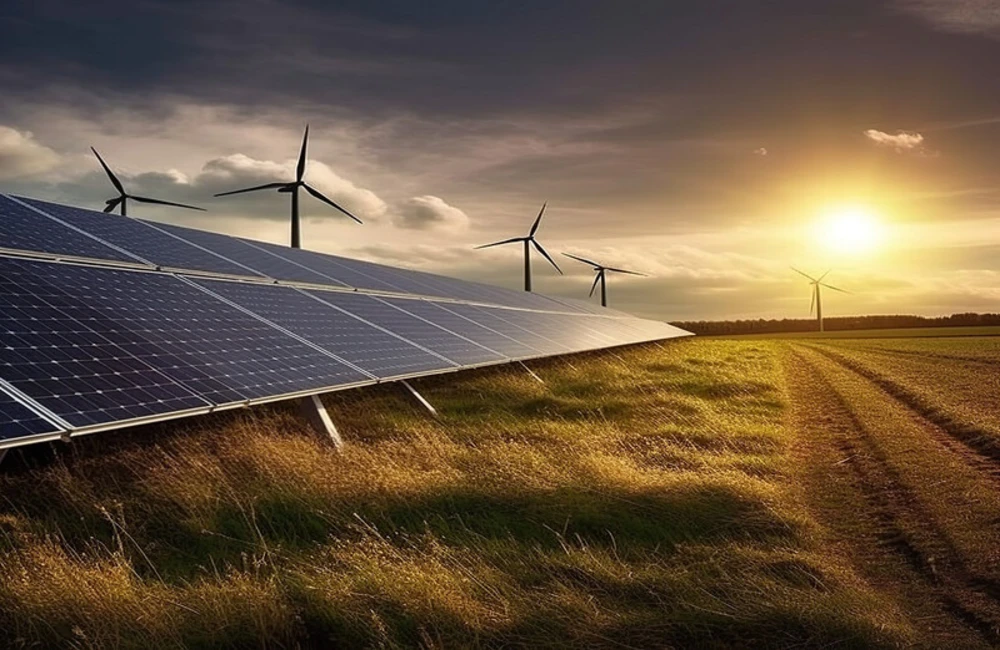Capital at risk. Investments and investment income can go down as well as up and are not guaranteed. The amount you invest may not be returned.
Now the Ukraine crisis has pushed governments, companies, and consumers around the world to take a long, hard look at where they get and how they use energy. In most cases, there has been a rolling up of commitments to renewables, but rethinking alternative energy like nuclear.
The crisis has three main implications for the energy industry as a whole, in our view.
-
Energy transition is accelerating faster
The energy transition — the shift to decarbonised energy use around the globe — was already underway. The crisis in Ukraine has led to a reappraisal of energy policy in many markets as governments, companies, and individuals have awoken to the urgency of the transition.
Governments have already recognised that the energy transition is imperative not just for the planet but for energy security. And drawing energy from unstable regimes appears politically fragile, given how much volatile pricing helps swell household bills across Europe. This has seen governments accelerate their commitments to renewables. The EU wants 45% renewables by 2030, from circa 20% today. The UK claims it will ramp up offshore wind capacity to 50 gigawatts by 2030, a five-fold increase. It seeks to double the amount of solar by 2035.
There’s also expected to be a greater focus on how energy is used, and a push to do more with less. This is crucial for the maintenance and improvement of standards of living. These are all very different types of companies that help manage energy usage, from insulation to smart building technology. Clean transportation will also be a focus for policymakers. This doesn’t only bring benefits to electric vehicle manufacturers, but also to battery storage and others.
-
Fossil fuels still have a place in the mix
The worldwide supply base for hydrocarbons has also atrophied, up 14% since 2014. By contrast, investment levels have dropped by 40% in this period. That presents a serious challenge, with demand for hydrocarbons as high today as we’ve seen at any point in history. There are still some speculative features that continue to make us believe in higher-for-longer overall commodity prices, so looking out to the medium term, we continue to believe that supply is going to struggle to meet demand. The supply-demand tension is generating record free cash flows for traditional energy companies, which they have the opportunity to not just return capital to shareholders, but invest large amounts back into capital in low- and no-carbon projects. In brief, a good loosening of these firms is contributing to the twin task of the energy demands of the present and also the decarbonization needed for the future.
-
The significance of mined resources
Since we want to increase standards of living and support a growing population, we will require newly mined materials annually for the foreseeable future. The new technologies need new materials to work, and as decarbonisation aspirations rise, the demand for certain materials will grow. That might be the copper required for electrification of transport systems, or the lithium for batteries in electric vehicles, or some of the heavy rare earths that go into the magnets for wind turbines. It could potentially add 20-25% to copper demand by the end of the decade as the energy transition accelerates, at a time when mining companies have had a hard time increasing supply.
Mining companies have traditionally been perceived as not ESG friendly. The fact is, mining companies are very much aware and increasingly focused on their social license to operate, which requires mining companies to implement and practise highly evolving ESG standards on their operations globally. What’s more, the energy transition will be impossible without certain mined commodities. We maintain these in the trust as we try to orient what the trust owns in areas where we see structural demand.
The world’s energy sourcing is in transition. The transition to low-carbon fuels is a generational shift that is going to have a lasting impact. We believe we need to have the ability to invest broadly all across the energy and commodities spectrum as this transition unfolds.





















